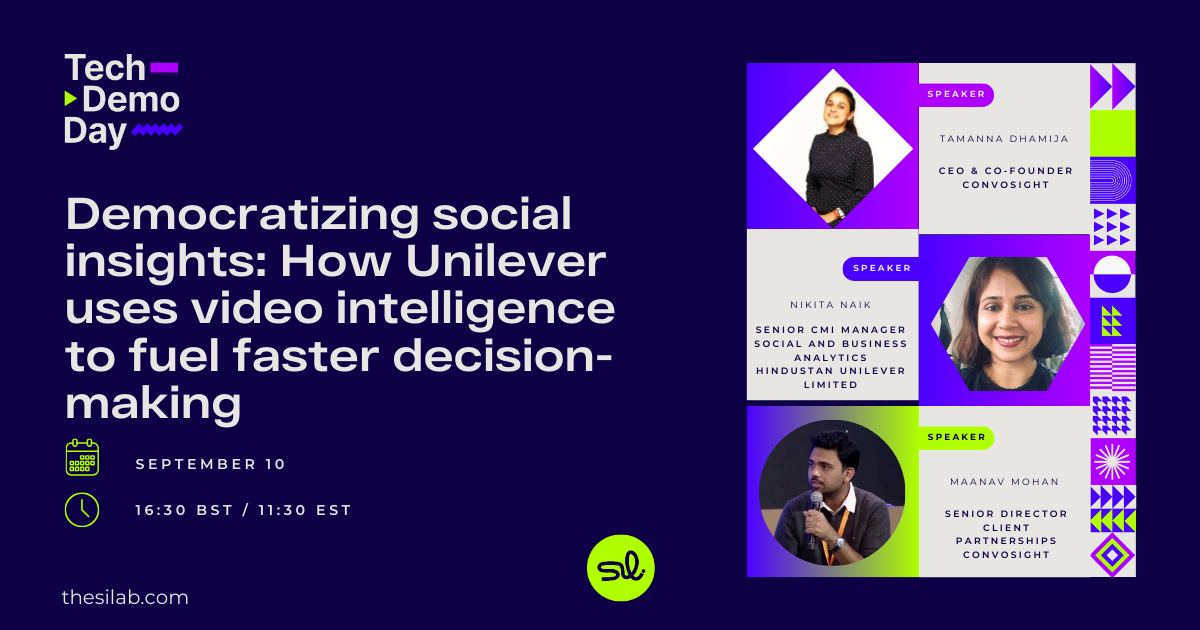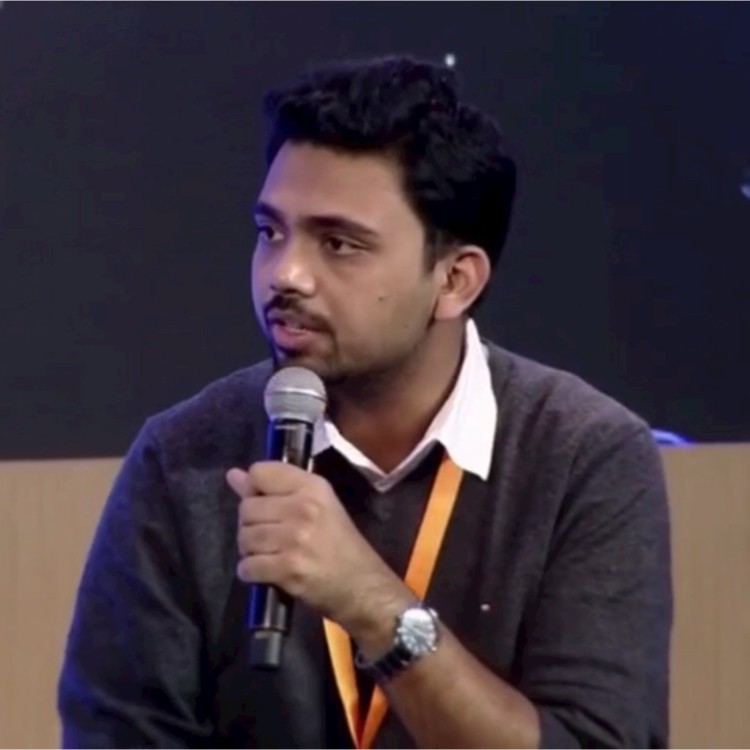
Vox Pop: When would you choose social intelligence over other research methods?
This week, we asked leading players in the research industry to describe circumstances where they would select 'social intelligence' as their preferred research method over the other options available to them. Here is a selection of the responses...
Menaka Gopinath, President, Ipsos Social Media Exchange North America

Social intelligence to me is all about discovery and context. There are so many things lurking in social data that could reveal amazing opportunities for brands to better address the needs of their consumers, or even new sets of consumers they didn’t know existed. With the advancements in machine learning and artificial intelligence in recent years, we’re now able to analyze the full corpus of data which could represent millions of verbatim. Sifting through that from a bottom-up perspective helps us to unearth the unknown unknowns – those nuggets you didn’t even know you were looking for in the first place. How cool is that?
Ray Poynter, Chief Research Officer, Potentiate

The key benefit of social intelligence is its freedom from the brand’s agenda. Social intelligence allows me to hear what customers are saying to each other and without them being prompted by questions and surveys.
For me the main two uses are a) exploratory research, to find out about topics and language, and b) to monitor for issues that I need to be aware of, including trends and problems.
Ellie Osborne, Head of Social Media Intelligence, Join the Dots

Can I say always (LOL)? OK, to be a bit more decisive...
We generally default to SI when we have a broad subject area and/or a niche audience. For example: building an understanding of treating Athlete’s Foot among sufferers in Asian markets. Via traditional primary research, this may have been challenging but via SI we could have access to data within hours (in local market language), and have access to detail we could have only achieved through traditional depth interviews (which would have impacted time and costs considerably). While I refer to ‘broad’ subject areas that’s not to say we can approach SI without a clear direction of what we want to find out. SI often fails to deliver when it is approached without a specific objective, for the example, I have shared we had a distinct question in mind (how do they treat Athlete’s Foot?).
Another instance where we will choose social intelligence first is when we want to understand the natural, unprompted conversations taking place. For example, we have recently done a project focusing on pensions, the client wanted to understand if and how those approaching retirement discussed their retirement options with others online (and there was some debate internally as to whether these conversations ever happened online at all). Via SI we could identify that yes, these conversations did happen online (on scale), highlight the key discussion points those close to retirement were discussing, as well as build a picture of the lexicon being used was. These insights were then used to inform the client’s digital content marketing strategy.
This leads me to finally say, if the insights are needed to inform digital strategy I will always use SI first, if you want to create impactful digital activity and content, understand what your target market is already creating themselves, digitally, first.
This interview was recorded via LinkedIn Live, if you prefer to view on LinkedIn, click the button below.
View InterviewSee related content





%20(1).jpeg)




